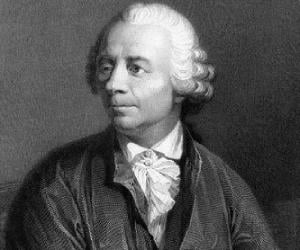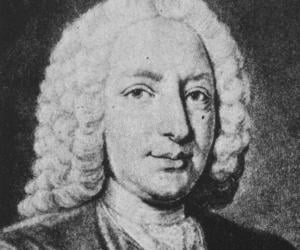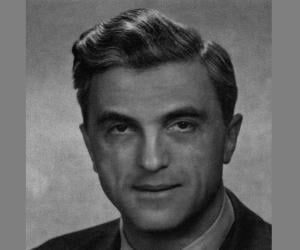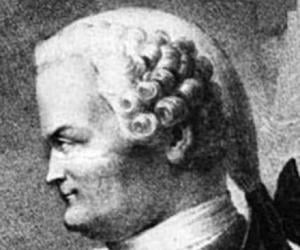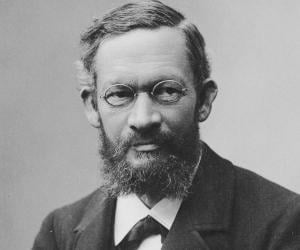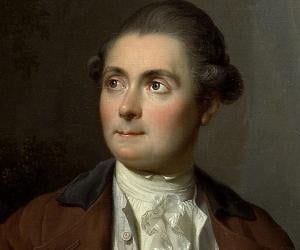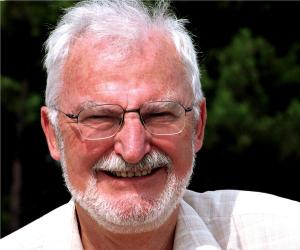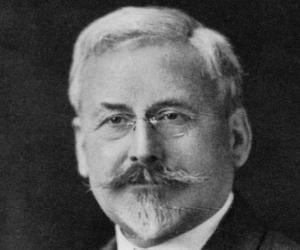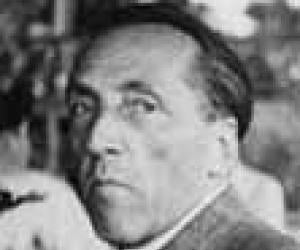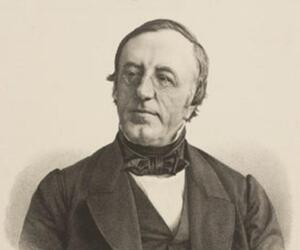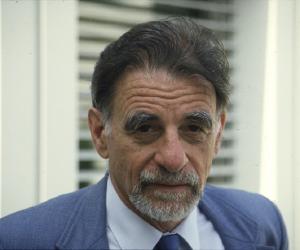1
Leonhard Euler
(Mathematician, Physicist)
Birthdate: April 15, 1707
Sun Sign: Aries
Birthplace: Basel
Died: September 18, 1783
Leonhard Euler was a Swiss mathematician, physicist, astronomer, geographer, logician, and engineer who made groundbreaking contributions across various fields of mathematics and science. He founded graph theory and topology, introduced modern mathematical terminology and notation, and popularized symbols like π and e. Euler's work in mechanics, fluid dynamics, optics, and music theory was also highly influential. He is widely regarded as one of the greatest mathematicians in history, with his 866 publications and numerous discoveries shaping the development of mathematics and physics for generations to come.
